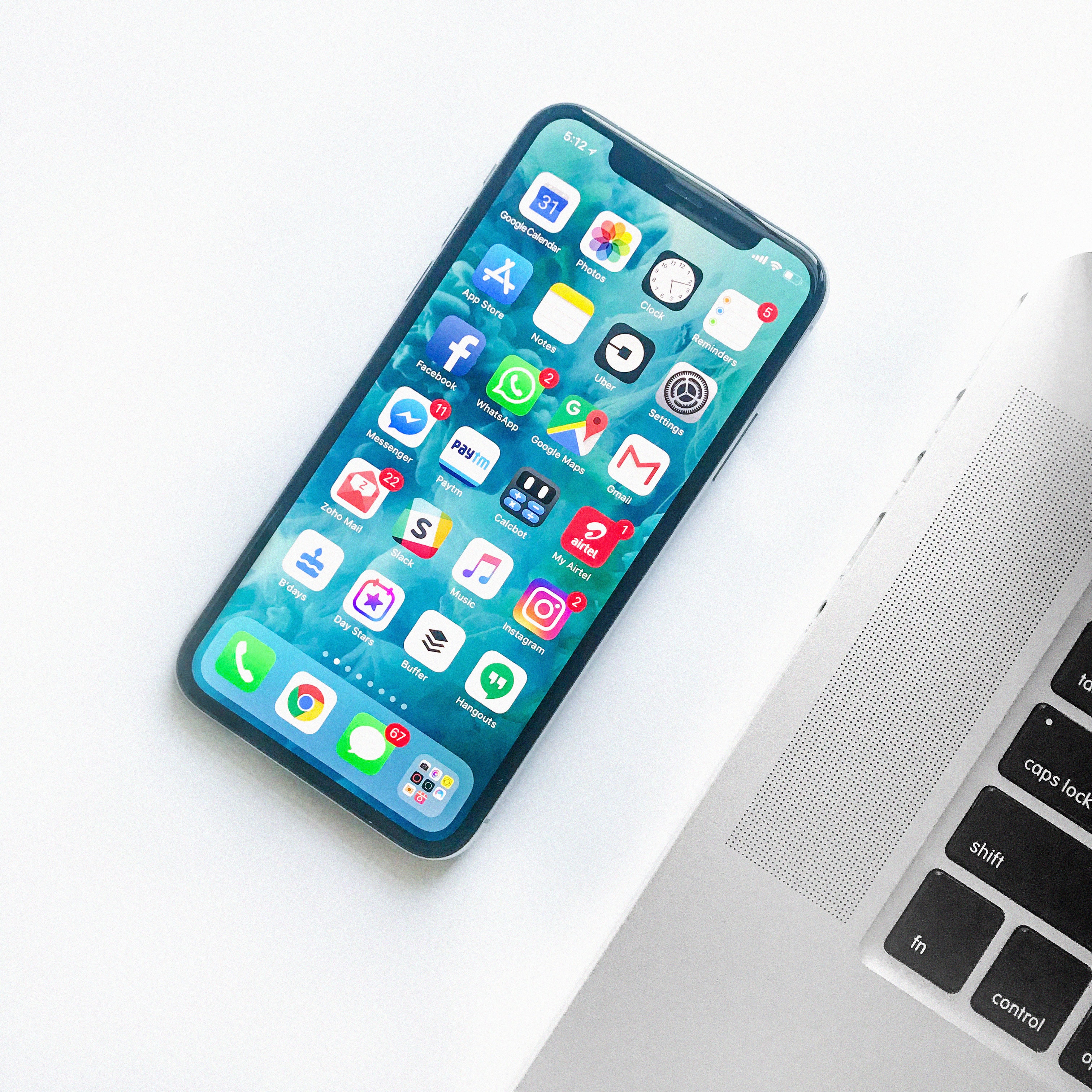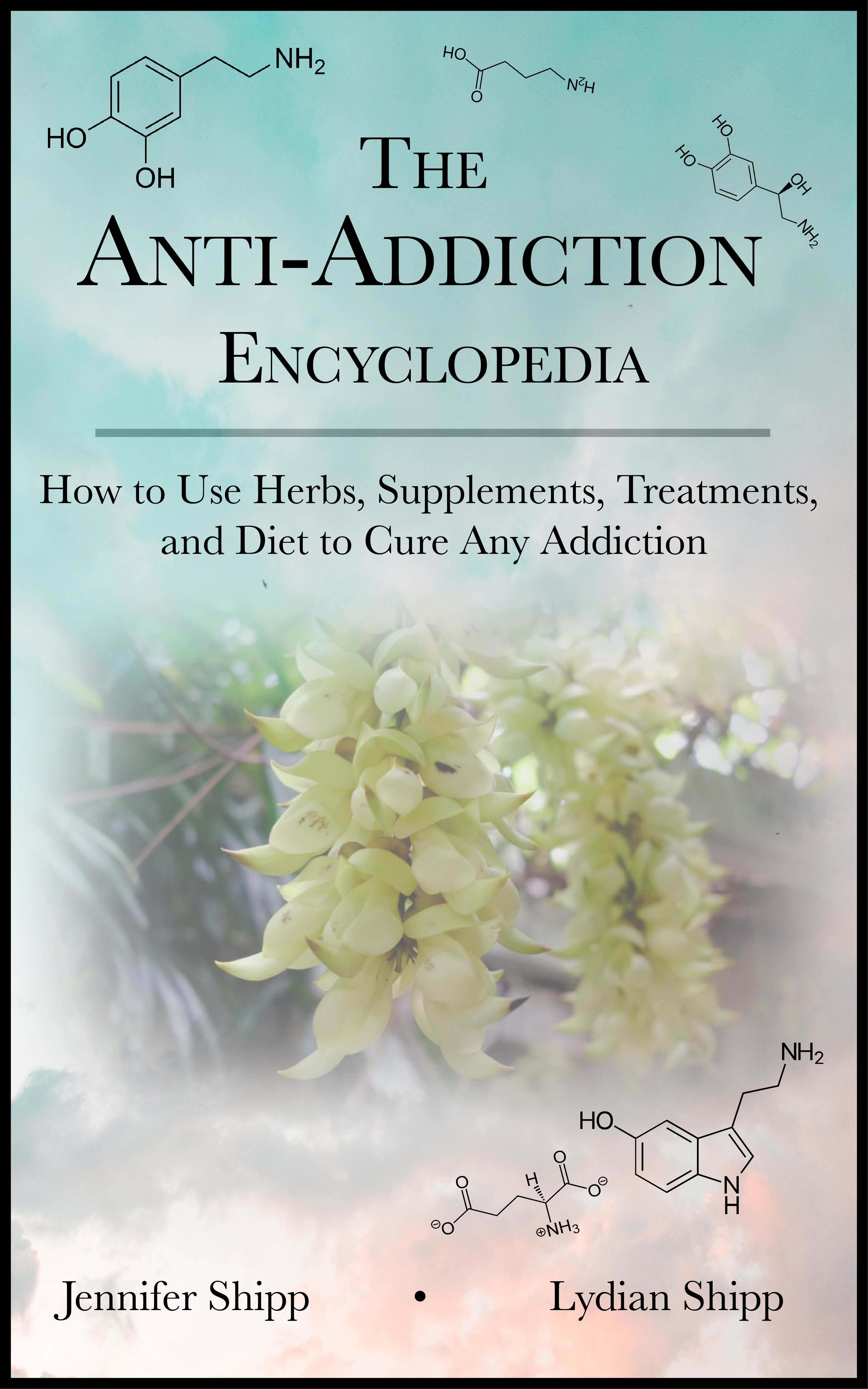 How to Identify Phone Addiction and Addiction to Social Media
How to Identify Phone Addiction and Addiction to Social Media
Social media apps account for 44% of smartphone usage. This percentage doesn’t take into consideration the amount of time social media users spend using these apps on their computers or other devices. Social media usage uses up a lot of time every day for both teens and adults.
- The average adult social media user spends 2 hours and 24 minutes per day on social media.
- The average teen, in contrast, spends almost 9 hours per day on social media.
- The U.S. Bureau of Labor reports that more time is spent on social media than on eating, drinking, shopping, doing household chores, and shopping.
Using Social Media as a Coping Mechanism
If you use social media to cope with stress, you may find that it creates more stress in your life. This is a vicious cycle experienced by many social media users. It is the cycle of addiction.Is this your story?
If so, you’d benefit a great deal from taking certain nutrient supplements and plant medicines to help you curb the desire to use social media.
People who openly acknowledge that they’re addicted note that they use social media to cope with daily life in the following ways:
- To relieve stress
- To relax
- To conform to a peer group (to feel a sense of belonging)
- To alleviate loneliness
- To relieve depression
- To relieve anxiety
- To experience social rewards and to get attention and acknowledgement
Social media addiction often hijacks real life relationships, work opportunities, school achievements, and even physical health. It creates a warped sense of identity in users and creates confusion and misunderstandings in social relationships. The hijacking of real-world human endeavors causes stress in people’s lives. Experts who work regularly with people who are addicted to social media refer to this specific type of stress as “technostress”. When people are “technostressed” they might do something like switch from one aspect of a social media platform to another.
For example, a person under “technostress” may switch from directly messaging a friend to scrolling through photos on Facebook instead of switching off their phone or closing their computer. Ultimately, this behavior leads to exhaustion, addiction, and yes, more stress. It’s a vicious cycle and many people feel like there’s no way to escape from it.
But there is an escape. You CAN take control over your social media and smartphone use by taking nutritional supplements and by creating normal limits and boundaries in terms of how you use your computer, mobile phone, and other devices.
If you’re in the middle of an addictive cycle with social media, you may not be able to create healthy boundaries yet. This is where supplements and plant medicines can help. These supplements will give you the mind-fuel you need to decide for yourself how to handle the realities of your social media and smartphone situation, whatever it may be.
Recognizing Social Media Addiction
An addiction to social media is characterized by being overly concerned or at times obsessed with social media. If you are addicted to social media, you may feel an uncontrollable impulse to log on or use social media platforms. An addiction to social media often results in devoting so much time to one or more different platforms that it has a negative impact on your work, school, or relationships.Social media preys on some of our deepest yearnings and the parts of us that are human. Some experts estimate that 5-10% of all Americans are addicted to social media platforms though this guess is probably conservative and possibly politically driven given the number of people who walk down busy streets with their faces in their smartphones responding to messages.
Social media addiction and all addictive behaviors are largely attributable to a lack of adequate dopamine or the hijacking of dopaminergic neural circuitry in the brain. What happens during social media use is similar to what happens to the brain when a person is gambling or using addictive drugs recreationally. Social media is not just psychologically addictive, it is physically addictive. This has been proven through scientific research. Some experts have compared the brain’s response to the constant stream of tweets, likes, and comments to the use of cocaine.
The reward centers of the brain are most active when people talk about themselves. In real life, when people have conversations with each other at parties or at the grocery store, they tend to talk about themselves only about 30-40% of the time. However, in social media environments, over 80% of posts and photos involve people talking about themselves. That’s why narcissistic behavior is a common symptom observed in social media addicts. When a person on social media gets social feedback from one of their posts, they get a huge rush of dopamine in the brain (like a dose of cocaine). This perpetuates the addiction to social media.
The material we present here in this document isn’t about using your willpower to overcome social media addiction. Rather, we’re going to give you information about nutrients, amino acids, and herbs that can be used to treat any addiction as well as other important tools to help you create more reasonable boundaries with your technological devices. Believe it or not (or better yet, try it for yourself!), the plants and food-medicines we recommend here will make a HUGE difference in how you feel physically and emotionally while you go about changing your technology habits and your life. You’ll notice the effects of taking the amino acids and plant medicines within hours after you start the program.

What does social media addiction look like?
A problem can be observed and diagnosed by considering the following symptoms of addiction to social media:How does it feel to be addicted to social media?
Researchers say that people who are addicted to social media report the following thoughts, actions, and feelings:- The feeling that social media is controlling the user’s life
- Feelings of low self-esteem and worthlessness.
- Feelings of powerlessness and an inability to control the use of technology.
- The use of social media feels necessary in order to conform or be included in a social group.
- The feeling of being overloaded with information.
- The feeling of being overloaded with too many social demands.
- Feelings of being isolated or alienated from real life social interactions.
How to Prevent Social Media Addiction and Smartphone Addiction
Whether you’re reading this post to help yourself or to prevent social media addiction in a teen or a loved one, it’s important to recognize that nutrition and a lack of certain nutrients in the brain and body can lead to general problems with addiction and addictive behaviors. If you or a loved one is struggling with social media addiction or smartphone addiction, this document will help you use supplements to prevent social media addiction as well as addiction to other things like pornography, video games, online gambling apps, or even drugs and alcohol. You will still need to use your mind and your thoughts to make wise decisions and to create healthy boundaries in terms of your social media use but we’ll talk more about how to use your mind later. Supplements and plant medicines will help you manage your behaviors, but they won’t take away your personal volition and ability to make choices for yourself.Smartphone Addiction and Social Media Addiction Prevention
- Nutrition plays a vital role in all addictive processes. If your diet is less than perfect according to the standards we describe in the QuickStart section of this document, then taking supplements is absolutely essential to give you the mind-fuel that you need to be able to maintain control over your mind in the highly addictive tech environment of today.
- Take the right supplements will make your brain less susceptible to addictive technologies.
- Practice creating healthy boundaries with your technology.
- Find activities to do that don’t involve any kind of technology and then give yourself breaks away from your computer, tablet, and smartphone.
Most people including teens want to create healthy boundaries with their social media accounts and their smartphone, but once a person has entered into the downward spiral of using these technologies that deplete dopamine, norepinephrine, and serotonin levels, it can be hard to use your mind to put those healthy boundaries in place. As humans, we need socialization so the idea of ridding ourselves of social media accounts and our smartphones seems impossible. If you get rid of social media and your smartphone, how will anyone communicate with you? It feels as though if you get rid of these technologies completely that you won’t be able to communicate or be heard ever again.
What actually happens when you stop using your smartphone and social media accounts all the time, of course, is you start to make eye contact with other people that you see in the world who aren’t on their smartphones or who aren’t doom-scrolling through Facebook or Instagram. When you break a social media and smartphone addiction, you find that there are other people out there who aren’t “using” and that this group of people is actually quite active and excited to accept new members to do things like having dinner parties and talk in person!
As you take the first steps toward overcoming your addiction to technology, you’ll encounter issues such as how to communicate and how to stay connected with others who are still addicted to their smartphone and social media. For now, just know that isn’t necessary to get rid of your social media accounts during this stage of overcoming your addiction. Rather, during this initial stage of the process you’ll simply stop using your accounts. And as you use the recommended supplements to rebalance your neural circuitry, you will need to mentally reframe social media and smartphone use as ways to communicate or more realistically as mere points of contact, rather than as a source of entertainment, a virtual place to converse, or as a coping mechanism.
Major Takeaways: A Summary of Social Media and Smartphone Addiction
Social media addiction is a very real and pervasive problem. Average people often struggle to overcome social media addiction because:- The technology behind these apps are designed to cause addiction.
- Ubiquitous nutritional deficiencies create neurochemical imbalances that make us vulnerable to addiction.
- Humans are social creatures and social media and smartphone apps prey on our desire to be known, loved, and understood.
Addiction is not just a problem with our behaviors! You can do more than just retrain your thoughts to overcome your addiction!
Addiction is PRIMARILY an issue caused by neurochemical imbalances.
These imbalances can be corrected using nutrient supplements and plant medicines.
If you correct the neurochemical imbalances, it will be much easier to correct errors in your thinking and to control addictive behaviors.
https://alivenhealthy.com/2021/01/18/anti-addiction-supplement-list-for-social-media-and-smartphone-withdrawals/ https://alivenhealthy.com/2021/01/18/how-to-stop-your-smartphone-addiction/ https://alivenhealthy.com/2021/01/18/what-is-social-media-addiction/ https://alivenhealthy.com/2021/01/19/anti-addiction-diet-basics-how-to-use-diet-to-overcome-addiction/ https://alivenhealthy.com/2021/01/20/types-of-therapies-that-work-with-the-unconscious-mind/ https://alivenhealthy.com/2021/01/20/the-neurochemistry-of-addiction/ https://alivenhealthy.com/2021/01/20/social-media-and-smartphone-addiction-putting-boundaries-on-social-media-and-smartphone-use/ https://alivenhealthy.com/2021/01/19/why-smartphones-and-social-media-are-addictive/ https://alivenhealthy.com/2021/01/20/how-to-use-your-mind-to-overcome-addiction/ https://alivenhealthy.com/2021/01/19/supplements-and-amino-acids-for-addiction-kick-any-habit-easily-without-withdrawals/ https://alivenhealthy.com/2020/08/20/5-htp-5-hydroxytryptophan-for-addictions/
Resources:


















